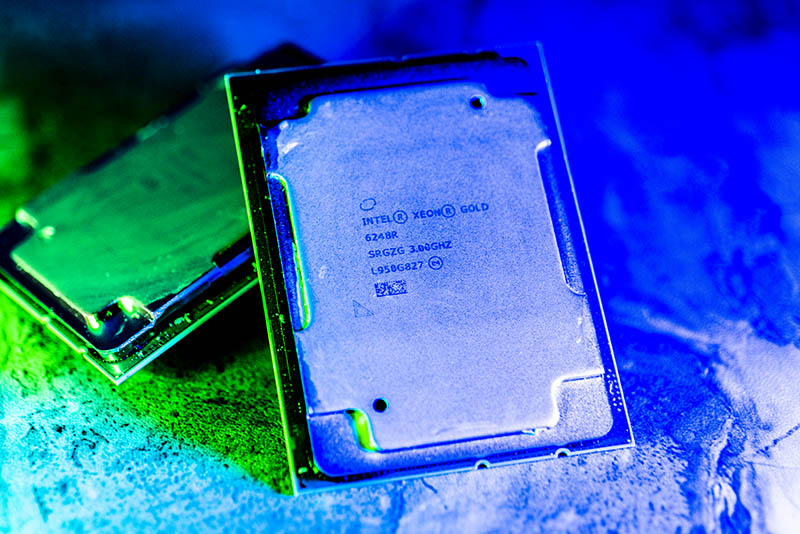The perf per dollar metric does not include TCO and by no means could even include features the Intel part just does not offer.
Intel Xeon Gold 6248R Benchmarks and Review Big Refresh Gains
In our Intel Xeon Gold 6248R benchmarks and review we see the massive impact that the new "Refresh" Xeon line has on the competitive landscapewww.servethehome.com
A good review of relative performance vs 32C and 24C AMD options. Perf per dollar included as well. Intel is in no way in lead, but not getting massacred in lower range of deployments either, which is unexpected considering all Intel process debacle.
Question to those commenters pushing 64C AMD options - why does AMD even bother to offer other SKUs, like 24-32-48? And once you answer this question, does Intel offer comparable systems in same price range?
(edit: and vice versa of course)





